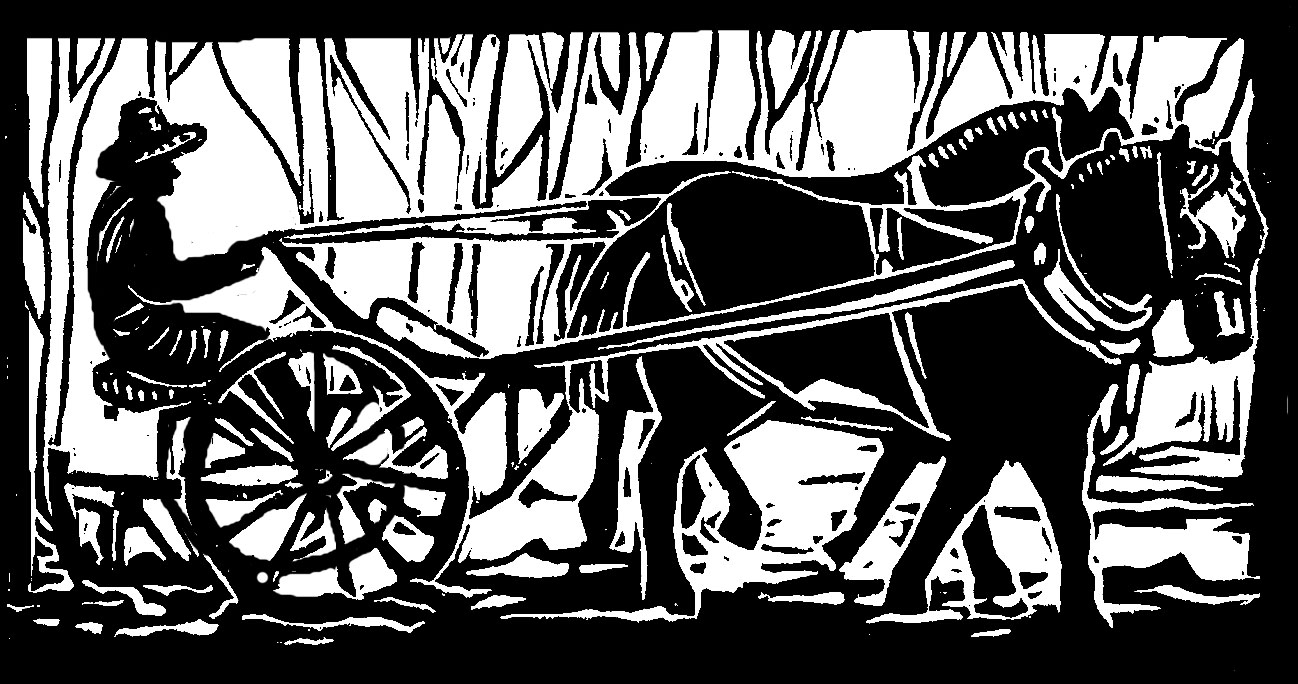My fellow farmer has been the delighted owner of a Leatherman for some years now. A Leatherman, in case you don’t know the secret code, is a multipurpose tool that unfolds into any number of things: screwdrivers, bottle-openers, scissors, files, pliers, flat and serrated knives.
Leathermans are made in Portland, Oregon, and there are many different models: the Surge, the Signal, the Wave, the Wingman, the Sidekick, the Raptor Rescue, to name a few. You can even customize your own Leatherman to have just the tools you’d like.
You can also carry the Leatherman on your belt in its own special Leatherman pouch, as my fellow does, and anyone who knows the code will say “Hey, what model do you have?”
My fellow has a basic model, the Rebar, which he bought used on the Internet after the budget committee (i.e., me) objected to buying a brand new one.
“That’s a lot of money,” I said, when he first started longing for a Leatherman. “Especially for something you’re not even sure you’ll use.”
My fellow enumerated the million ways he could use a Leatherman.
“That’s a lot of money,” I said, “For something you might lose in a day or two in the field.”
My fellow extolled the virtues of the special Leatherman pouch, securely attached to his belt, which is securely attached to his pants. “I’d have to lose my pants to lose this Leatherman,” he said.
“Is that right,” I answered. “That would give our farm a whole new vibe.”
“Uh-huh,” he said, studying the Leatherman website. “Look at all these great models! There’s one for everything. Farming, hiking, carpentry, raptor rescue. Hey look, here’s a Poetry Leatherman!”
“No, really?”
“Yeah, look!” he said. “It unfolds a teeny tiny pencil, and a pad of paper!”
By this time the poetry-loving budget committee was laughing, but still able to muster up another objection: “I don’t like the name.”
“Leatherman? It’s the last name of the guy who invented it.”
“Okay, but still . . .”
“How about Leatherwoman?” my fellow offered. “Leatherperson? I can’t wait to get my Leatherperson. It’s going to be great.”
“Can’t you get a nice second-hand Leatherperson? If they’re so well-made, there must be a few out there looking for a new home.”
“They’re so well made, nobody wants to get rid of them,” my fellow said, but he hopped over to Craig’s List, and found his Leatherman, at less than half the price of a new one. Then, of course, he had to buy the pouch separately, but at last all was secured to his belt and pants, and he went happily out into the farming day.
Within hours, my fellow had used the Leatherman multiple times, and he detailed each critical Leatherman event for the budget committee’s edification. I had to admit the Leatherman seemed like a good purchase, because not only did my fellow have the tool he needed, he had it right away, rather than after the usual frantic hours of searching in the disaster of a tool area.
But the Leatherman clincher came later, when our nice draft horse Molly came limping into her stall. My fellow looked her hoof all over, expecting a stone in the frog. Instead he found a streak of blood on Molly’s fetlock. Then he found a tiny black spot in the blood.
My fellow whipped out his Leatherman, unfolded the pliers, and grabbed hold of the black spot. Then he pulled and pulled, drawing an enormous splinter out of the fetlock. You could almost see Molly’s relief as the thing was being extracted.
My fellow brandished the huge splinter, still firmly gripped in the Leatherman. He was triumphant, with good reason. The Leatherman had saved the day! Plus it saved a lot of vet bills, and saved my fellow’s reputation with the budget committee . . .
Originally published in the Monadnock Shopper News, Feb 8- Feb 14, 2023
